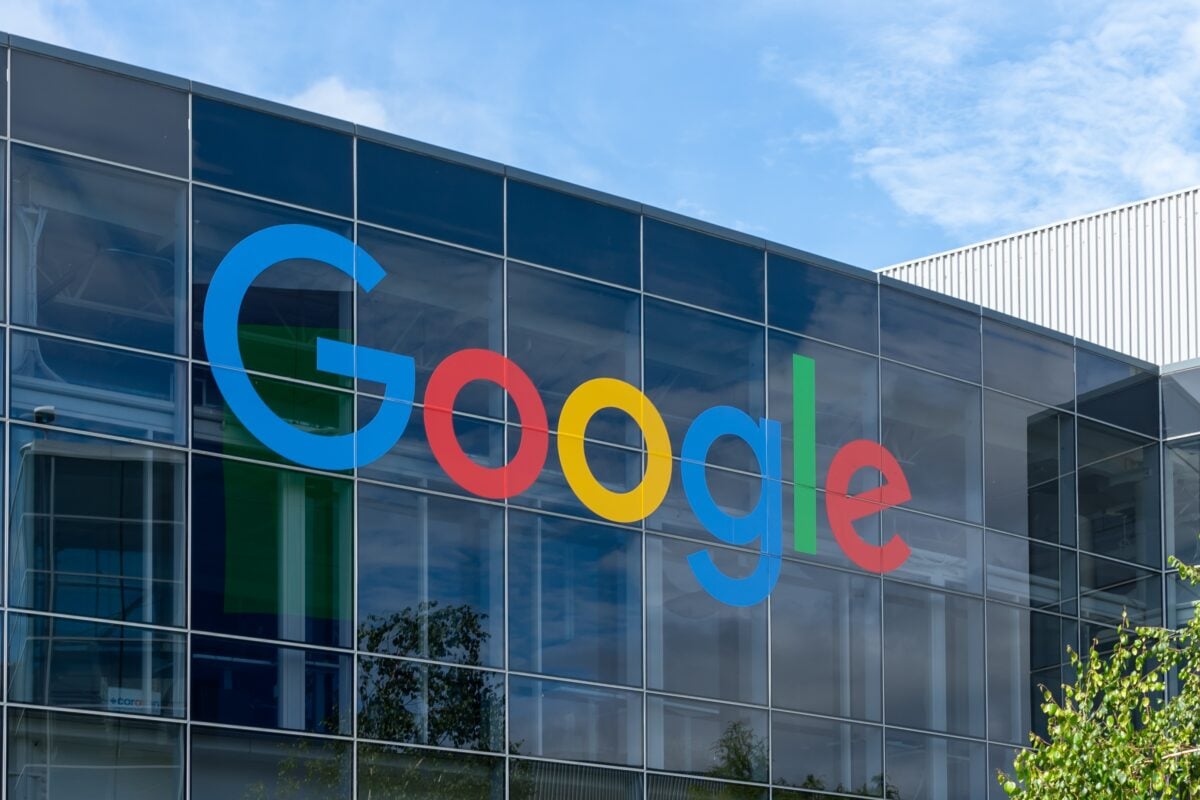TLDRs:
- Google appoints DeepMind CTO Koray Kavukcuoglu as Chief AI Architect to lead product-driven AI integration.
- Kavukcuoglu will relocate to Mountain View and report directly to CEO Sundar Pichai.
- The move comes amid rising pressure to commercialize Google’s Gemini models and outpace AI rivals.
- His appointment is part of Google’s broader strategy to align cutting-edge research with real-world consumer applications.
Google CEO Sundar Pichai has appointed Koray Kavukcuoglu, the Chief Technology Officer of DeepMind, as the company’s new Chief AI Architect.
Announced on Wednesday, the role, newly created at the senior vice president level, places Kavukcuoglu directly under Pichai’s leadership as Google seeks to embed its advanced AI models more seamlessly across its product suite.
From Research to Product-driven Innovation
This appointment comes at a critical juncture for Google. While the company has remained at the forefront of AI research, it has struggled to convert its technological leadership, especially through its Gemini model family, into widely adopted consumer products.
Notably, Kavukcuoglu’s new remit aims to fix that imbalance. He will spearhead efforts to transform raw model capabilities into practical tools embedded within services like Search, Android, Workspace, and emerging XR technologies. According to an internal memo from Pichai, the goal is faster product cycles, deeper integration, and more efficient deployment of AI systems.
As part of this transition, Kavukcuoglu will move from London to Google’s headquarters in Mountain View, California. The relocation not only underscores the strategic importance of his new role but also signals his close alignment with the company’s top decision-makers. Though he will retain his current CTO position at DeepMind, this dual responsibility reflects Google’s broader effort to break down silos between research and development, ensuring that innovation directly informs product strategy.
Competition and Pressure Mount
The stakes are significant. Since ChatGPT‘s rise in late 2022, Google has faced mounting pressure from rivals like OpenAI, Meta, and Microsoft. Despite major advances in AI, including groundbreaking multimodal models and autonomous agents, the tech industry has yet to show consistent returns on these investments. Google itself has committed $75 billion to AI infrastructure this year and has streamlined several teams to reduce costs. In parallel, it has begun offering employee buyouts, even within core units such as Search and Ads.
Kavukcuoglu’s track record suggests he is well-positioned for the challenge. A former aerospace engineer with a PhD in computer science, he joined DeepMind in 2012 and was instrumental in several of its landmark achievements. He has worked closely with DeepMind co-founder Demis Hassabis to guide the company from a research powerhouse into a key strategic pillar of Google’s future.
Looking ahead
The need for leadership that can bridge the gap between capability and usability has never been more urgent. Recent innovations like Project Mariner and Astra offer glimpses of what’s possible, tools that autonomously navigate the web or understand the physical world. However, the market demands more than potential; it demands functionality. With Kavukcuoglu in place, Google is betting that the next generation of AI-infused products will emerge faster and with broader consumer reach.
As Pichai noted, this moment marks a new phase in the AI platform shift. It is a moment that calls not just for building smarter models but for weaving them into the digital fabric that billions of users rely on every day.







